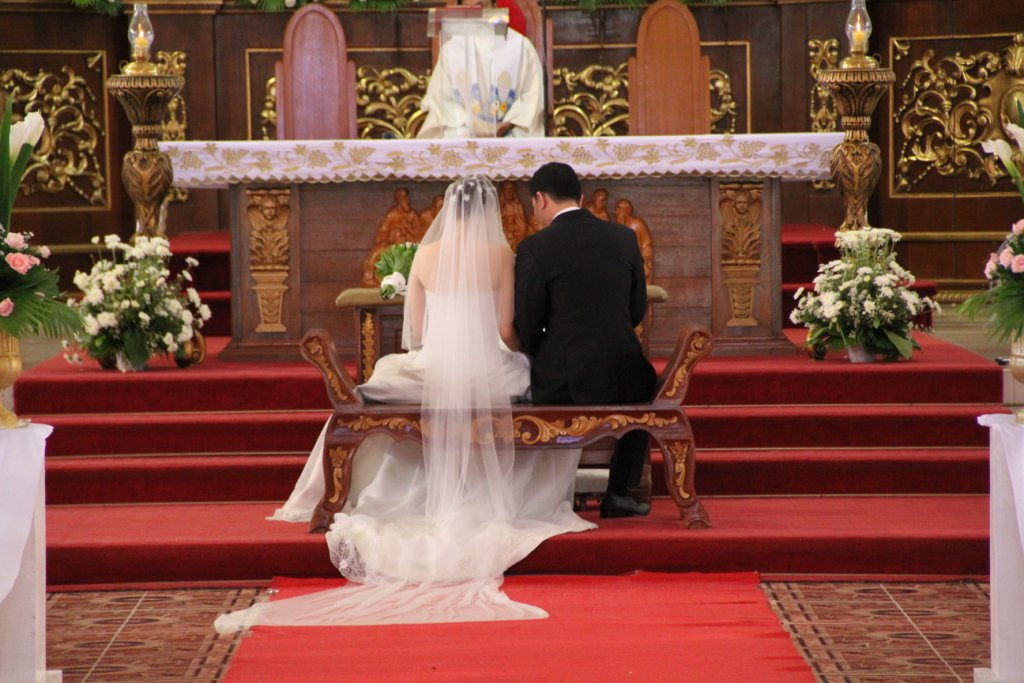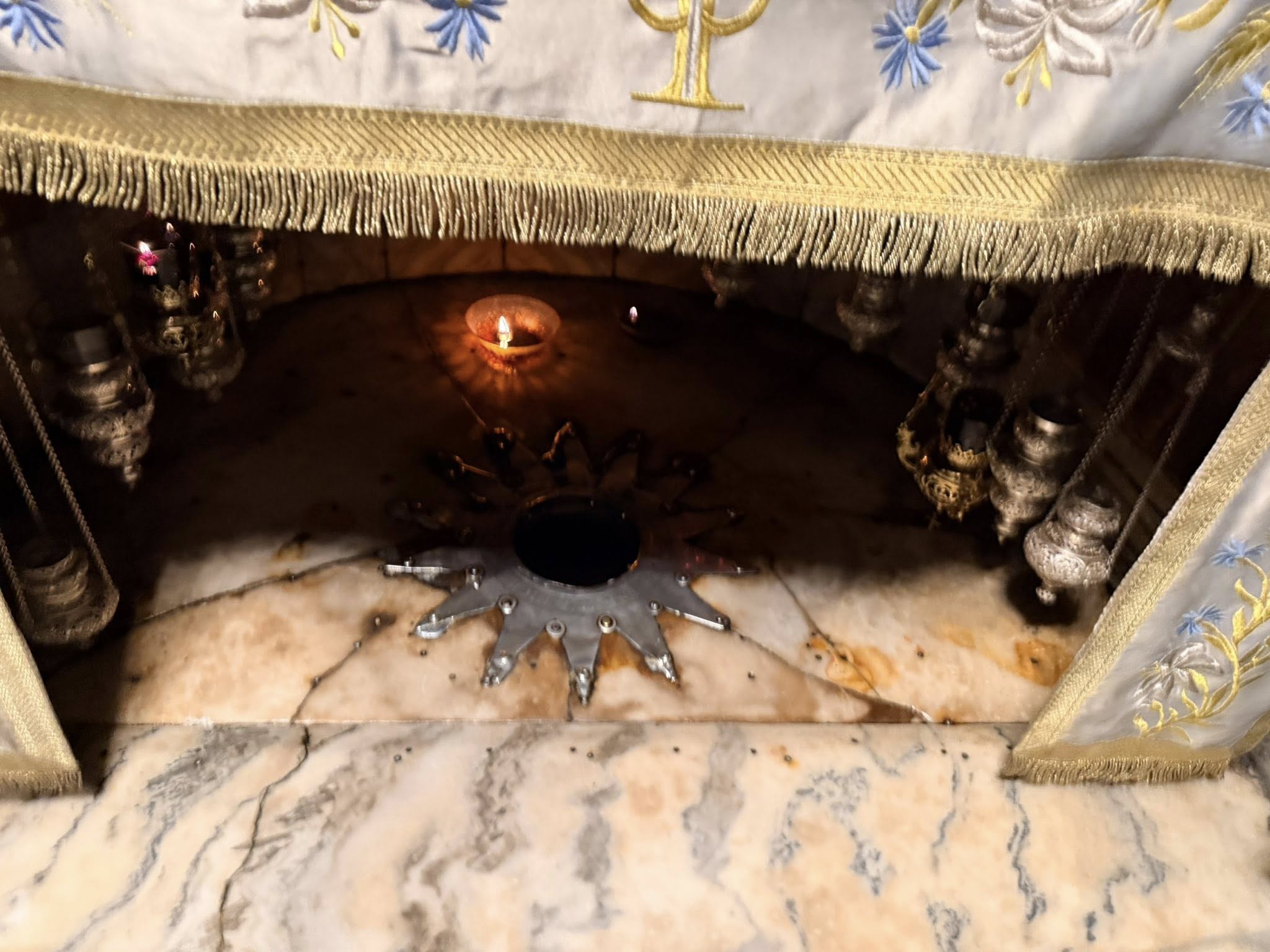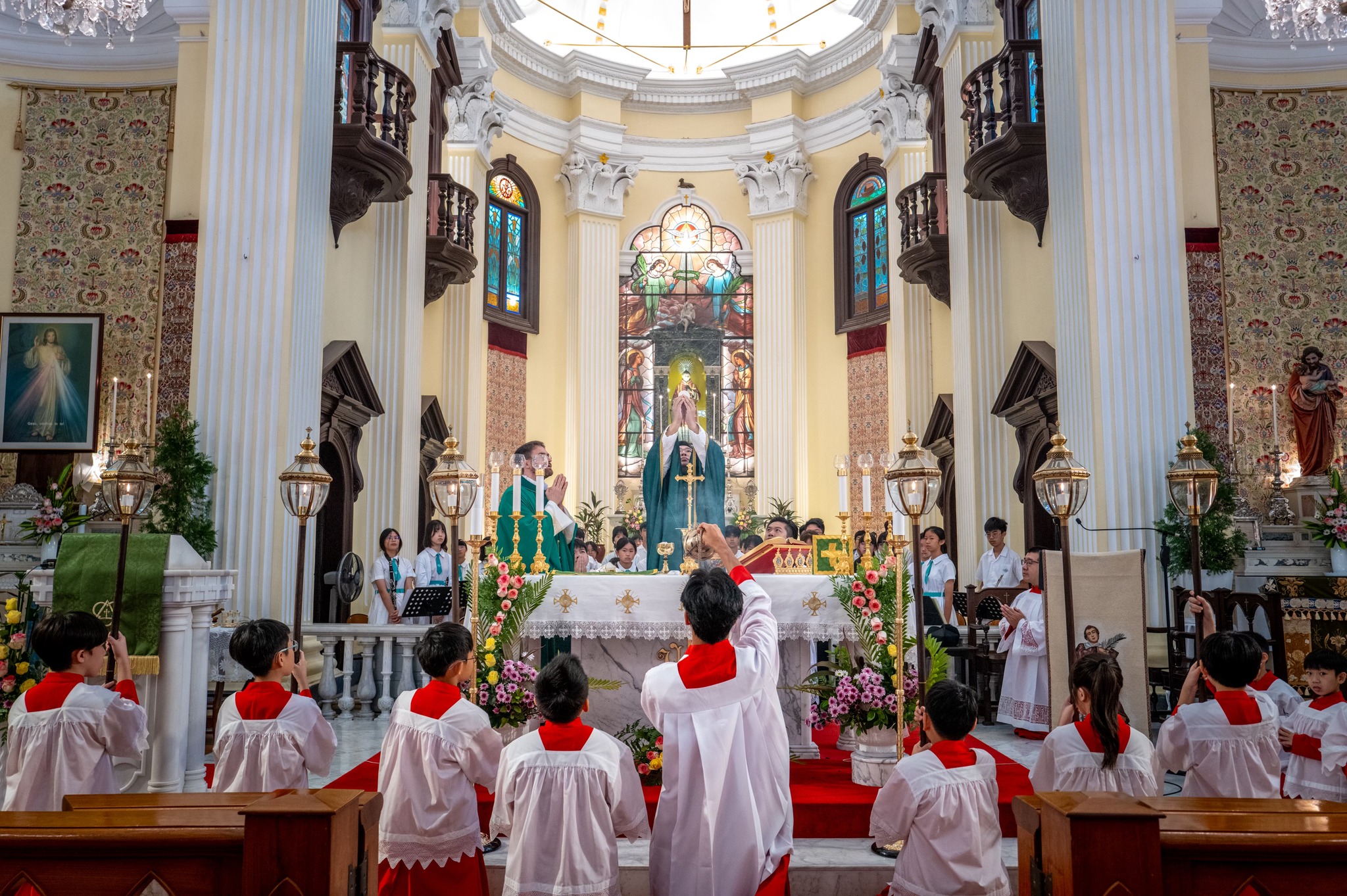O Clarim News Bureau (English)
Dear Father L,
The Catholic Church has always been in the headlines in one of the most divisive issues facing society today – the LGBTQ issue, where it has faced criticism for not welcoming them into the Church. While I am annoyed, sometimes, at how members of the LGBTQ community insist on their agenda, I am of the conviction that they, too, are human persons. They deserve love, understanding and acceptance. The headlines all addressed some variation of the same question: Why does the Church not welcome them to be married in the Church? Is this not an act of cruelty and rejection? They are not criminals. We must pay close attention not only to the arguments these groups have been making, but also the assistance they need as children of God.
An LGBTQ supporter
Dear LBGTQ supporter,
Thank you for having a compassionate heart for the LGBTQ people, which all of us must have. Your letter needs some illumination- LGBTQ people and all people have been welcomed and will always be welcome into the Church. May we recall that Pope Francis reaffirmed most recently that homosexuality is not a crime: “It is not the first time that I speak of homosexuality and of homosexual persons. And I wanted to clarify that it is not a crime, in order to stress that criminalization is neither good nor just,” the pope wrote. Then the pope added, “When I said it is a sin, I was simply referring to Catholic moral teaching, which says that every sexual act outside of marriage is a sin. Of course, one must also consider the circumstances, which may decrease or eliminate fault.”
The Catholic Church’s position on marriage is rooted in its teachings and tradition. According to Catholic doctrine, marriage is a sacrament, a sacred union between a man and a woman that reflects the relationship between Christ and the Church. This understanding is based on the teachings of Jesus and affirmed by the Church.
The teachings of Jesus on marriage are found in the Gospels of Matthew (19:4-6) and Mark (10:6-9), and based upon God’s plan for marriage found in Genesis (1:27; 2:18, 21-24). Jesus explained that the Creator “made them male and female” (Mk 10:6; see Gn 1:24; 5:2), and because it was not good for either to be alone (Gn 2:18), God intended for a man to be joined to his wife (Mk 10:7), that they would be united as one (Mk 10:8; see Gn 2:24) (ref: Vatican Information Service).
Hence, the Church’s position on same-sex marriage is founded upon its fundamental understanding of the complementarity of men and women in marriage. Catholic teaching affirms that the differences between men and women contribute to the unity and balance of a marital relationship. Same-sex marriage is seen as lacking this complementarity, which is considered essential for the fullness of the marital union.
Furthermore, the Church holds the belief that sexual relationships are intended solely for the procreation of children within the context of a marriage between a man and a woman. Therefore, same-sex relationships are viewed as inconsistent with the natural order and purpose of human sexuality as understood by the Church.
It is important to note that while the Catholic Church opposes same-sex marriage, it also teaches that individuals with same-sex attractions should be treated with respect, dignity, and compassion. The Church distinguishes between sexual orientation and acts of homosexual behavior, teaching that while homosexual acts are considered sinful, individuals with same-sex attractions are called to a life of holiness and chastity and are welcomed into the Church community.
Sincerely,
Father L.
Letters are welcome at: OClarimEnglish2022@gmail.com


 Follow
Follow


